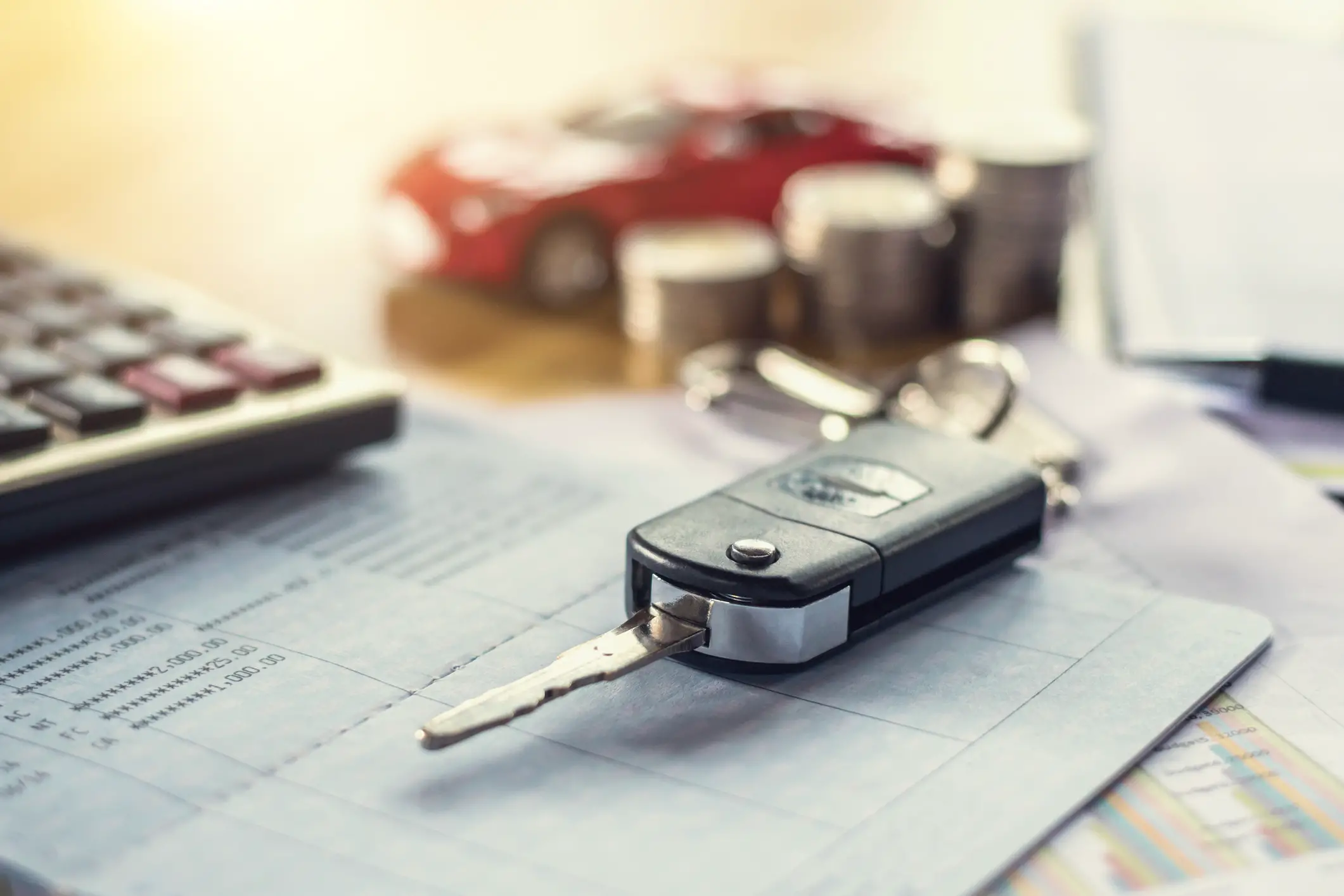Private lease: all the ins and outs at a glance
How does private leasing work?
Private lease is basically a form of long-term car rental. Instead of buying a car, you enter into a contract with a leasing company for a predetermined period of time, usually between 12 and 60 months. The monthly lease amount is determined based on several factors, such as the type of car, the term of the contract, the number of miles you expect to drive and the excess in the event of damage.
With private leasing, all costs are included in the monthly fee. This includes maintenance, repairs, insurance, road tax and roadside assistance. You only have to pay for fuel yourself. At the end of the lease, you return the car, unless you choose to renew the contract or lease a new car.
Advantages of private leasing
1. Budget-friendly
One of the biggest advantages of leasing a car via private lease is the predictability of costs. You know exactly how much you will spend each month, making it easier to manage your budget. There are no unexpected costs for maintenance or repairs, as this is all included in the lease amount.
2. New cars and options.
Private lease often allows you to drive a new car without the hefty purchase price. Moreover, you can choose from different models and option packages, allowing you to tailor the car to your needs and desires.
3. Convenience and relief
Because all additional costs are included, you don’t have to worry about unexpected expenses. Maintenance and repairs are taken care of for you, and in case of a breakdown, you can count on roadside assistance. The only thing left to think about is refueling.
Disadvantages of private leasing
1. No ownership
One of the disadvantages of private leasing is that you never become the owner of the car. At the end of the lease, you turn in the car, and you have no residual value like buying a car. For some people, owning a car is important.
2. Kilometer restrictions
Most private leases have a limit on the number of miles you can drive at no additional cost. If you do more miles than agreed upon, the cost per extra mile can be high. It is important to be realistic about your expected miles you will drive when entering into the lease.
3. Early termination is costly
If you want to end the lease contract early, for example because of a change in financial circumstances, it can be quite pricey. You may face high penalties and other financial consequences, so it is important to read the terms of the contract carefully before signing.
What should you pay attention to?
1. The lease amount and terms.
Before signing a private lease, it is wise to thoroughly understand the monthly lease amount and terms. Note any additional charges, mileage restrictions and length of contract. Make sure you understand the terms, especially regarding early termination.
2. Mileage bundle
Check that the mileage bundle offered matches your expected driving habits. If you plan to do a lot of mileage, opt for a higher mileage bundle to avoid extra charges.
3. Compare providers
There are several leasing companies on the market, each with their own terms and prices. Compare multiple providers to find the best deal that fits your needs and budget.
4. Claims handling and insurance
Carefully read the terms and conditions related to claims handling and insurance. Understand how the deductible works and what happens in the event of a claim. Some leases do not cover all forms of damages, so it is important to be clear about this.

